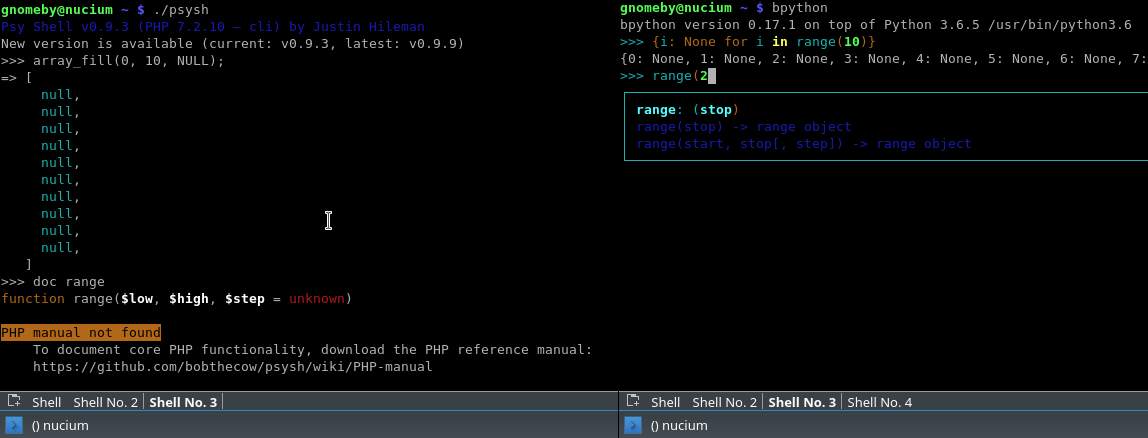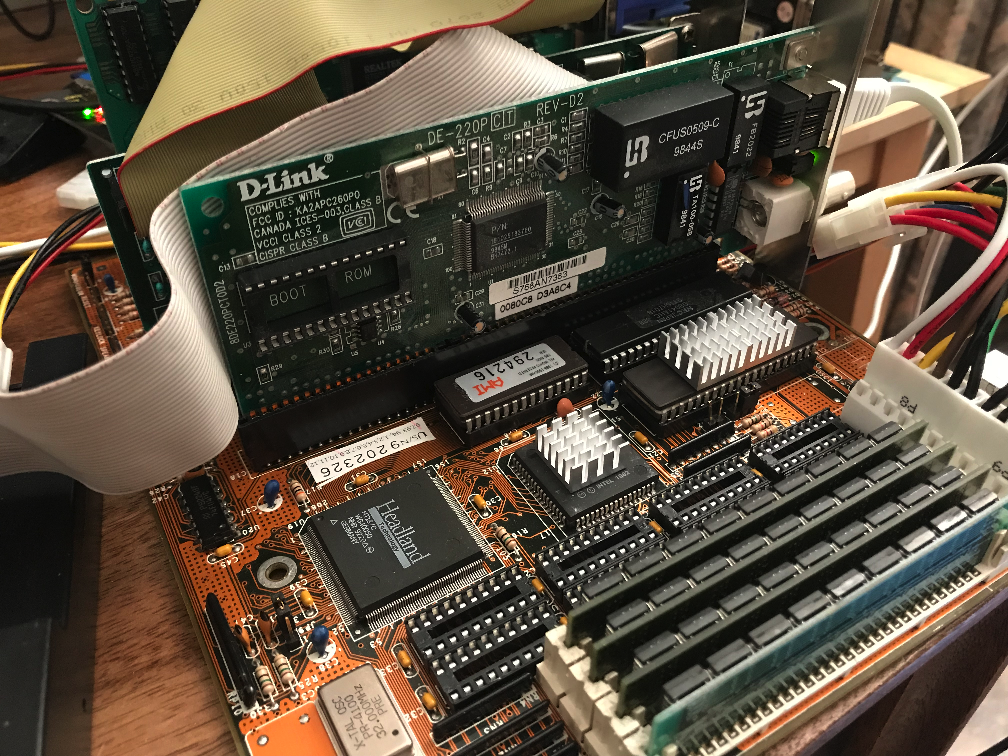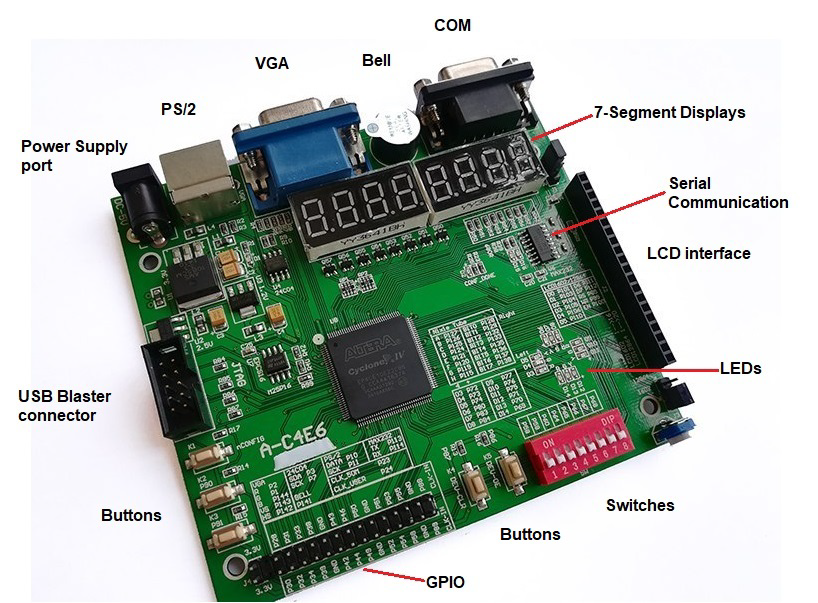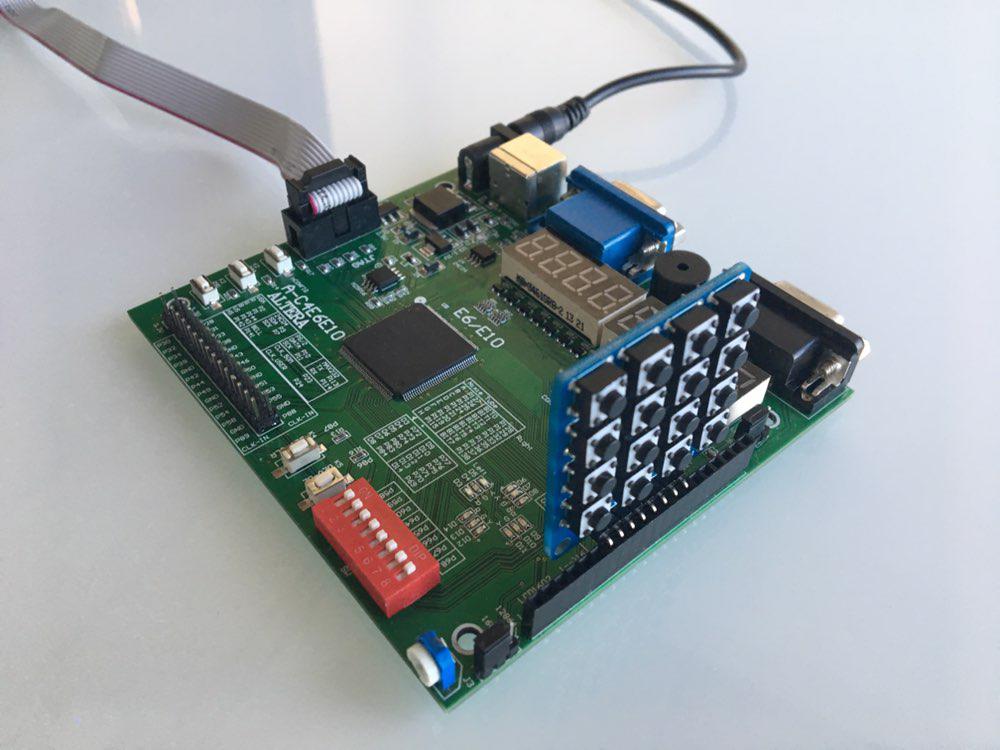Startups’ mistakes and pitfalls at patenting their IP
Nuts and bolts
Patent is a document of title to:
• the exclusive right to,
• authorship and
• priority of an —
— invention,
— utility model, or
— industrial design.
Invention, in its essence, is a technical solution expressed in the combination of essential features — that are sufficient for achieving the technical result.
Essential features are those affecting the achievability of the technical result — or, in other words, are in a cause-and-effect relation with the result.
Technical result is a trait of the technical effect, event, property, etc. that effectively appear in the exercise of the method, or in the production or use of the product, including in the use of the product produced directly by the method, of invention.
Patent claim defines the scope of protection of the patent, as it comprises the combination of essential features — that are sufficient for achieving the technical result.
Error 1 — The lack of protection
Peter created an ingenious algorithm; there are no known analogues to that whatsoever. He fiercely codes a prototype and begins the commercialisation in Russia. He puts up a website, uploads a demo, does some exhibitions. Gains momentum and taps into the US market. And here we go…





 So, what is the difference? How to be prepared for this interview? Let’s be non-abstract, and use an example. To be more non-abstract, let’s take something from the material world, such that you won’t be asked the exact same thing at the real interview (at least, not at the Google interview) :)
So, what is the difference? How to be prepared for this interview? Let’s be non-abstract, and use an example. To be more non-abstract, let’s take something from the material world, such that you won’t be asked the exact same thing at the real interview (at least, not at the Google interview) :)







